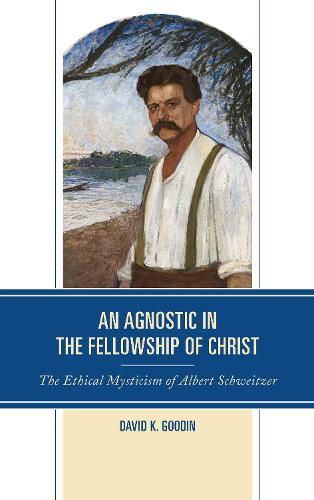Readings Newsletter
Become a Readings Member to make your shopping experience even easier.
Sign in or sign up for free!
You’re not far away from qualifying for FREE standard shipping within Australia
You’ve qualified for FREE standard shipping within Australia
The cart is loading…






This book details the theology, ethics, and philosophy of the Nobel Peace Prize Laurette Albert Schweitzer (1875-1965). It surveys his entire corpus of religious writings, including his unfinished estate works (Nachlass), and explores the intellectual history behind his distinctive theological synthesis. This book also traces Schweitzer’s own intellectual and spiritual development from childhood, to his academic years, and throughout his time at the African medical mission. It also places Schweitzer into dialogue with other Protestant theologians including Martin Luther, Karl Barth, Dietrich Bonhoeffer, and Thomas Altizer, as well as with contemporary philosophers like Jacques Derrida. The aim is to reveal what a living faith and mysticism can mean for the modern world, and where common ground can be found for traditional and liberal Protestant theology today.
$9.00 standard shipping within Australia
FREE standard shipping within Australia for orders over $100.00
Express & International shipping calculated at checkout
This book details the theology, ethics, and philosophy of the Nobel Peace Prize Laurette Albert Schweitzer (1875-1965). It surveys his entire corpus of religious writings, including his unfinished estate works (Nachlass), and explores the intellectual history behind his distinctive theological synthesis. This book also traces Schweitzer’s own intellectual and spiritual development from childhood, to his academic years, and throughout his time at the African medical mission. It also places Schweitzer into dialogue with other Protestant theologians including Martin Luther, Karl Barth, Dietrich Bonhoeffer, and Thomas Altizer, as well as with contemporary philosophers like Jacques Derrida. The aim is to reveal what a living faith and mysticism can mean for the modern world, and where common ground can be found for traditional and liberal Protestant theology today.